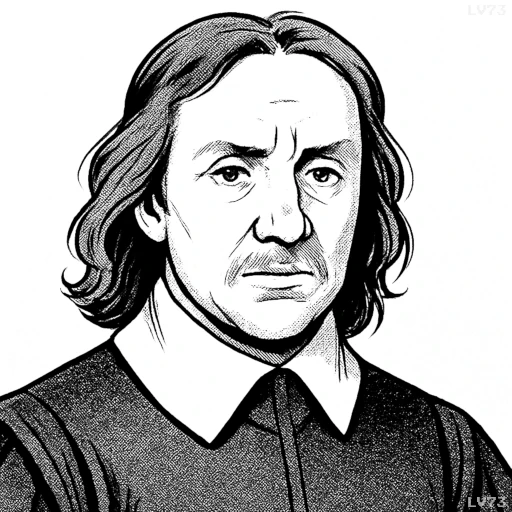“The State, in choosing men to serve it, takes no notice of their opinions. If they be willing faithfully to serve it, that satisfies.”

- April 25, 1599 – September 3, 1658
- English
- Military and Political Leader, Lord Protector of the Commonwealth of England, Scotland, and Ireland
table of contents
Quote
“The State, in choosing men to serve it, takes no notice of their opinions. If they be willing faithfully to serve it, that satisfies.”
Explanation
This quote conveys the principle that loyalty and service to the state matter more than personal beliefs or ideologies. Cromwell asserts that what the state requires is not uniformity of opinion, but faithful and competent action. The emphasis is on duty, not doctrine—on the idea that a citizen’s or official’s usefulness is measured by their commitment to serve, rather than by their private convictions.
This perspective was vital during Cromwell’s governance of a fractured England. After the civil wars, he led a commonwealth composed of people with diverse political and religious beliefs, many of whom had been former enemies. In forming his administration and army, Cromwell often appointed individuals based on merit and loyalty rather than ideological purity. This was a practical approach to nation-building: unity through shared service rather than forced agreement.
Today, the quote speaks to modern secular governance and pluralistic societies. In a democracy or civil service, people of differing views can still work together effectively if bound by a shared commitment to the public good. It is a reminder that tolerance and functional cooperation often depend less on agreement than on mutual dedication to higher responsibilities—be it the constitution, the law, or the common welfare.
Would you like to share your impressions or related stories about this quote in the comments section?



